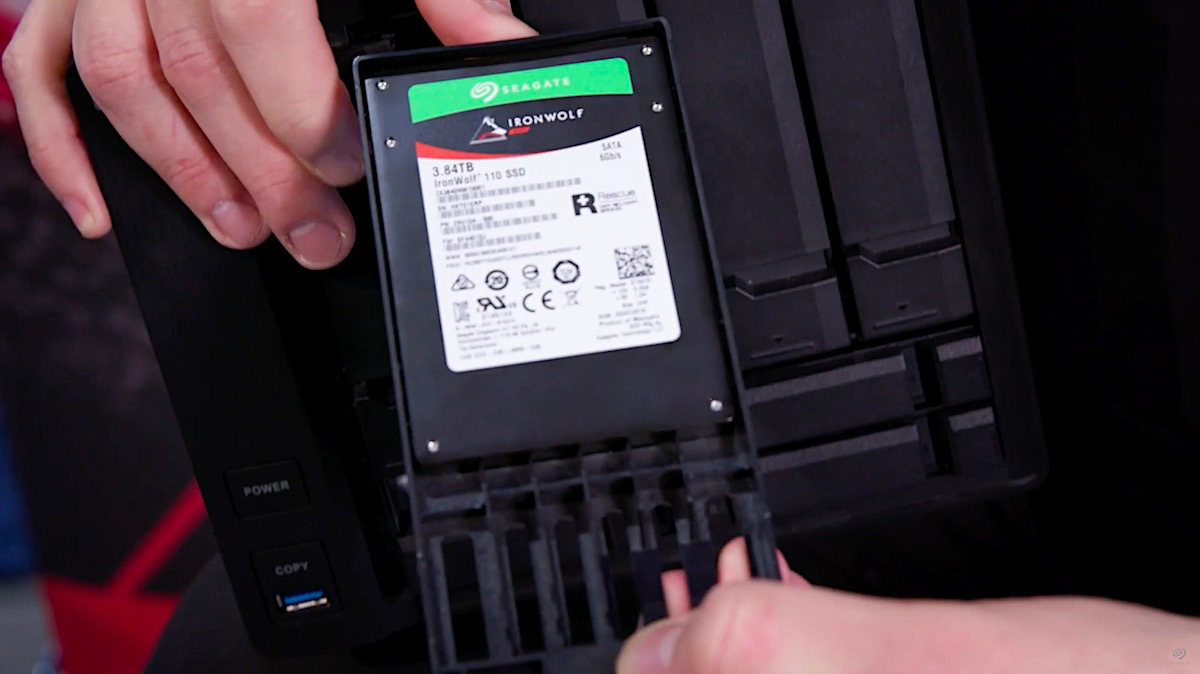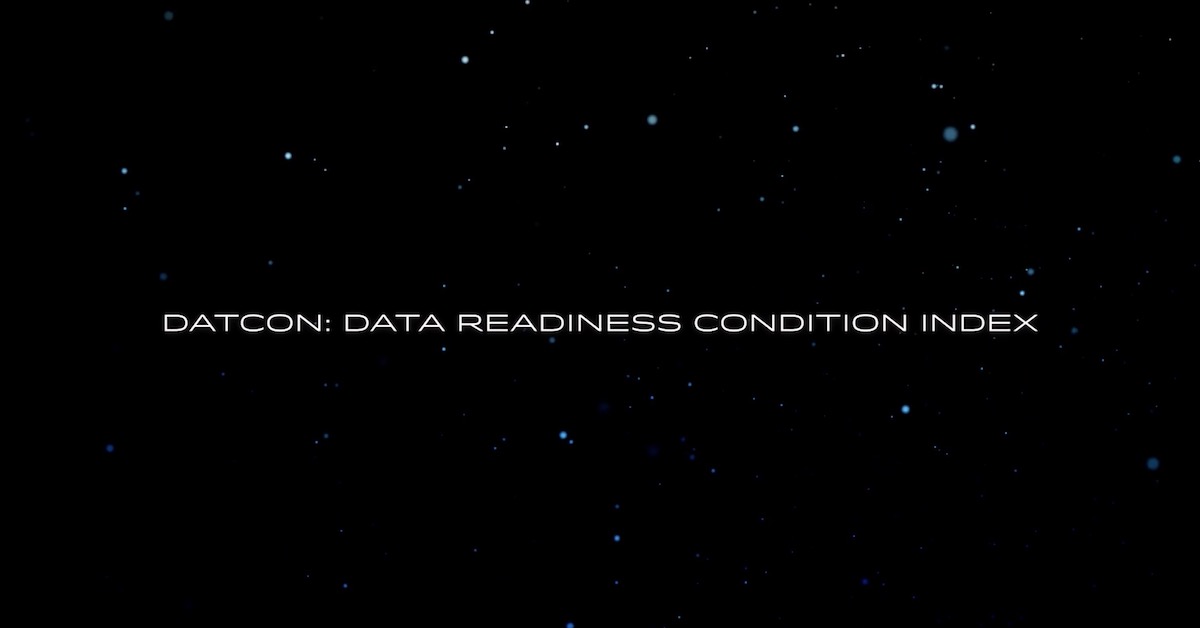 Bigger is better in the disk drive world. But you might be surprised at how much better.
Bigger is better in the disk drive world. But you might be surprised at how much better.
Robin Harris wrote a great piece on why high capacity drives offer much more than just more space for your stuff. The bigger the drive, the faster it works. Significantly faster.
So much so that Robin believes a bigger hard drive is the best upgrade besides RAM you can give your PC.
But not as fast as SSD, right? Wrong.
According to Robin, A laptop PC with a Seagate Momentus 500GB drive will work faster with large files than an Intel X-25M G2 SSD.
That’s more speed and six times the capacity for a drive that costs less.
Sometimes it pays to read the fine print.
That’s a faster drive with 6 times the capacity for less money.
Sometimes it pays to read the fine print.







Your post is somewhat misleading….
While large capacity spindle disks might be faster in burst sequential write speeds, overall performance of SSDs still beat the pants off of the traditional spindle disk. How often are people only going to write on the outer tracks of the spindle disk to get that performance. 70MB/s write(outdated number) vs. 80MB/s write. That’s not that much of a difference. And how long can that be sustained when the traditional spindle disk has to deal with degraded performance due to fragmentation over time?
Most people want their OS and apps to be snappy and quick. That means loading up the OS and apps into memory quickly (i.e. read performance). The X25-M beats the pants off any spindle disk in terms of overall read performance sometimes by as much as 4X.
Here’s what I think between traditional vs. SSD:
SSD
+ You don’t have to defragment the drive like you would a traditional disk, so a traditional disk, such as the Seagate Momentus in the ZDNet article will degrade in performance over time.
+ Read performance of the X25-M is significantly faster than any spinning disk. Is there a Seagate spindle out there that can reach X25-M’s 200+ MB/s read performance?
+ The ZDNet article is outdated. With the latest firmware update from Intel, the write performance reaches 100MB/s, which is faster than the reviewed Momentus (http://hothardware.com/Articles/Intel-34nm-X25M-Gen-2-SSD-Performance-Update/?page=3)
+ No moving parts on an SSD.
– SSD is very expensive. You get more bang for your buck on the traditional spindle disk if capacity is important to you. But prices will drop as adoption rates increase.
– SSDs typically have smaller capacities than the traditional spindle.
– SSDs suffer from a limited number of writes. But write-levelling algorithms on the firmware help spread the writes across the disk to prolong the life.
In general, if you want capacity, the traditional disk is the way to go. But, if you want performance (read, write and IOPS), go SSD.
However, you are correct. Everyone should read the fine print and due their diligent research before they make a purchase. People shouldn’t just take my word and go with it (or yours, either).
I agree with several of your points. Disk drive for capacity, SSD for the ultimate speed (eventually). Try before you buy, because SSD performance today doesn’t match the hype.